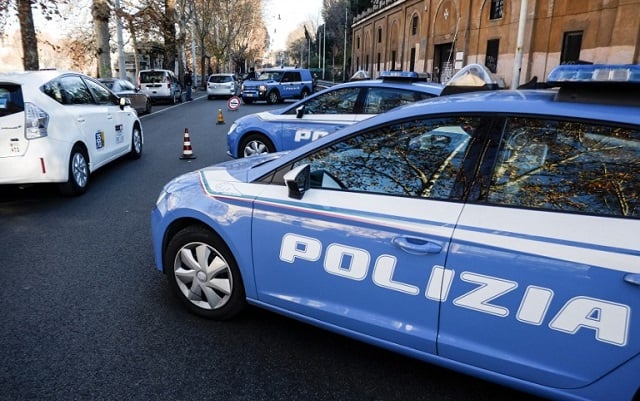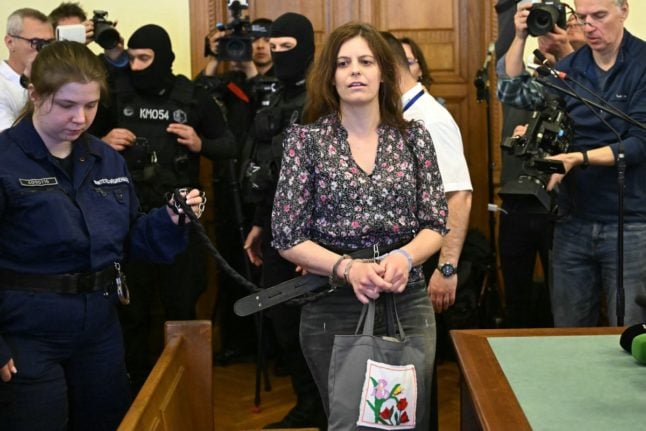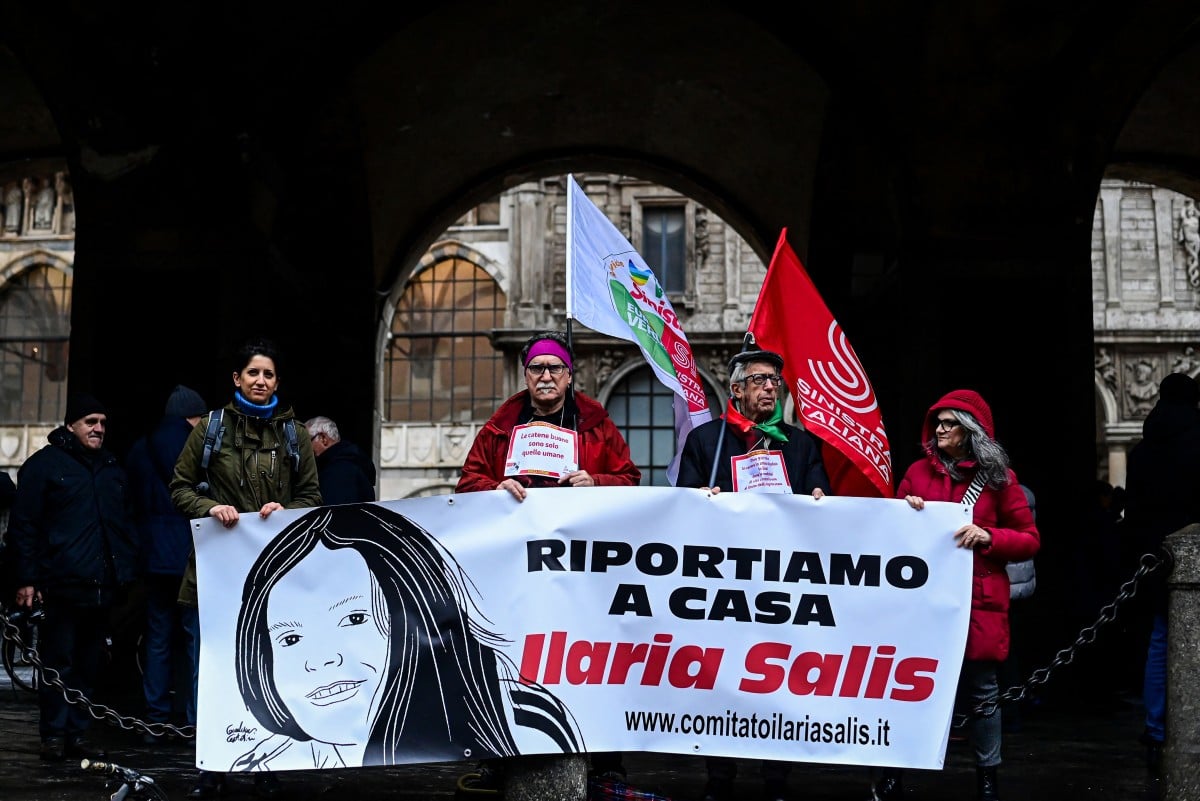The 29-year-old had promoted Islamist extremism online, calling in one message for “non-believers” to be “roasted on kebab skewers” and fed to dogs, according to a police report.
A judge for preliminary investigations described him as “an extremely dangerous subject” who posed a “very high risk of moving on to carrying out serious acts of violence”.
The man, who had lived in Italy since 2008, used 'walkie-talkie app' Zello to discuss his plans to carry out an attack in Italy.
According to a report from Rai News, he also shared material about combat techniques, how to throw police investigators off track, and behaviours to adopt in order to become “invisible” while living in a Western country.
In one chat group, he styled himself as the Isis group's spokesperson in Italy, using the nickname 'ibn dawala7', meaning 'son of the state', and swore allegiance to Isis chief Abu Bakr Al-Baghdadi.
He also shared images of terror group Isis on Facebook, and used social media to praise recent terror attacks across Europe.
Turin police, assisted by Italy's Special Operations Group, arrested the man on Monday afternoon, following seven months of surveillance after an FBI tip-off.
According to investigators, he had been living with an Italian mother and son, who had come to think of him “almost as an adopted child”.
Italy has expelled a total of 31 people from the country over terror links so far this year. In total, the Interior Ministry has ordered the expulsion of 163 people for religious extremism since January 2015.
And at the end of March, the country's police force announced that they had busted a ring which had planned to blow up Venice's famous Rialto Bridge.
READ ALSO: How real is the threat from dormant Isis cells in Italy?




 Please whitelist us to continue reading.
Please whitelist us to continue reading.